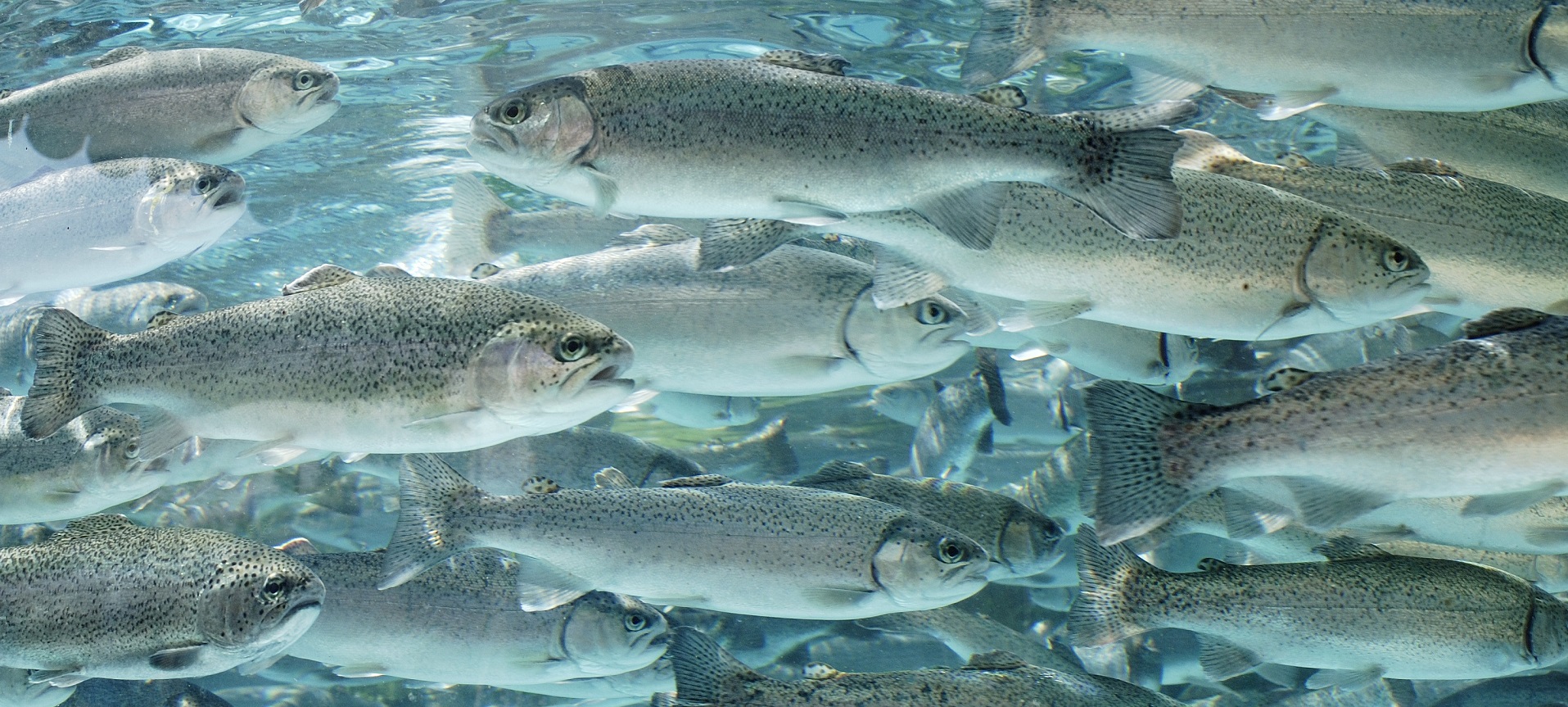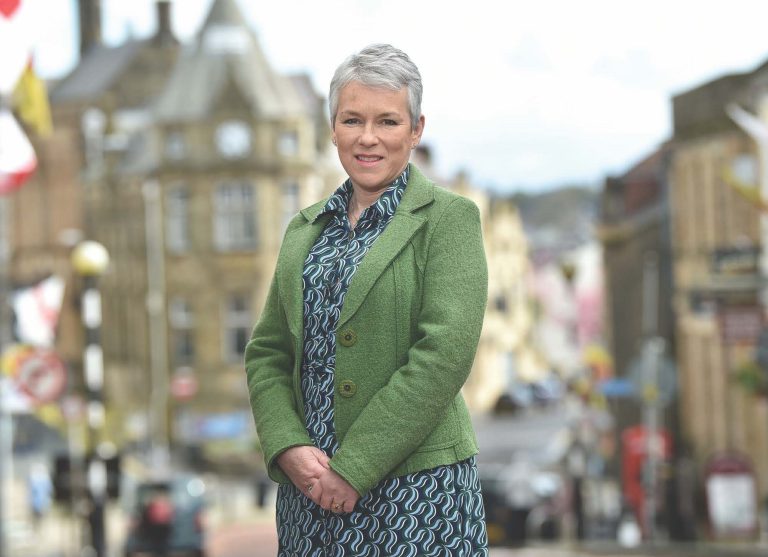
Is it possible to own ‘wildlife’ when buying or selling agricultural land?

Senior associate solicitor, Wendy Newbury, from our commercial property team, highlights a recent case in the Court of Appeal. It challenges whether or not coarse fish kept in man-made lakes should pass to a buyer as part of a land sale and demonstrates the importance of a properly prepared transfer deed.
The case of Borwick Development Solutions Ltd v Clear Water Fisheries Limited
Borwick Development Solutions Ltd (the seller) owned a commercial fishery which included nine enclosed man-made lakes. The business experienced financial difficulties and went into receivership. Clear Water Fisheries Limited (the buyer) bought the land from Borwick, who was represented by an appointed receiver on behalf of Borwick’s bank.
Unfortunately, during the transaction for the land transfer to the buyer, the appointed receiver did not consider whether the bank’s charge extended to the fish in the lakes. Therefore, no warranties were given to the buyer regarding the fish. In fact, no rights in respect of the fish were granted to either the buyer or reserved to the seller in the land transfer.
The land was sold, but the seller insisted the fish in the lakes should remain in the seller’s possession. The buyer therefore appealed to the Court of Appeal regarding ownership.
Under English law, all fish are classified as wild animals. Technically no-one can own a wild animal, while it is alive, but there are ways in which ownership can possibly pass to another in a land sale by way of rights including:
- By the ownership of the soil – so in the case of a land sale, the fish would have been passed to the buyer.
- By industry – which is when the animal or fish is in someone’s possession who has the day-to-day care of the animals. In this case, by purchasing and introducing the fish to the business and caring for the them on a day-by-day basis, this could amount to ‘industry’.
The critical question in this case was whether the rights as to ‘industry’ would pass on in a land sale or whether Borwick had retained the fish due to the ‘industry’ he had in looking after the fish.
The judgment and outcome
In May 2020, the Court of Appeal decided that neither of these rights applied and so the fish passed on the land sale to the buyer. The leading judgement by Sir Timothy Lloyd was that on the sale of the land, the ownership of the fish by Borwick ended. The seller needed to still have possession of the land which included the fish to argue that the fish were in his ownership following the land sale. As the transfer deed did not reserve any rights as to ownership, the fish transferred to the buyer with the land sale.
Given its investment in the fishery, this was an unfortunate result for Borwick. Not necessarily regarding the law that relates to wild animals, but due to the circumstances in which the land came to be sold by receivers. Had it been a normal commercial sale, the seller could have demanded payment for the fish valued as part of the sale. If the seller wanted to retain the fish, this must have been clearly expressed in the legal documentation. But in this case, with the sale arranged through the receiver, possession of the fish was lost and Borwick’s qualified property rights came to an end.
This case highlights the importance of clear drafting in a property transaction. What may have been agreed verbally between the seller and the buyer must be clearly documented in the sale agreement and transfer deed. If a receiver is involved in the sale, it is particularly important that additional legal advice is also sought to draft up the transfer deeds.
Harrison Drury has a specialist rural sector team that understands the importance of clear drafting of legal documents to ensure the correct rights are retained by the seller and definitive rights granted to the buyer to avoid any potential disputes.
If you are considering, or in the process of, buying or selling agricultural land or a rural business, speak to our rural sector team on 01772 258321.
